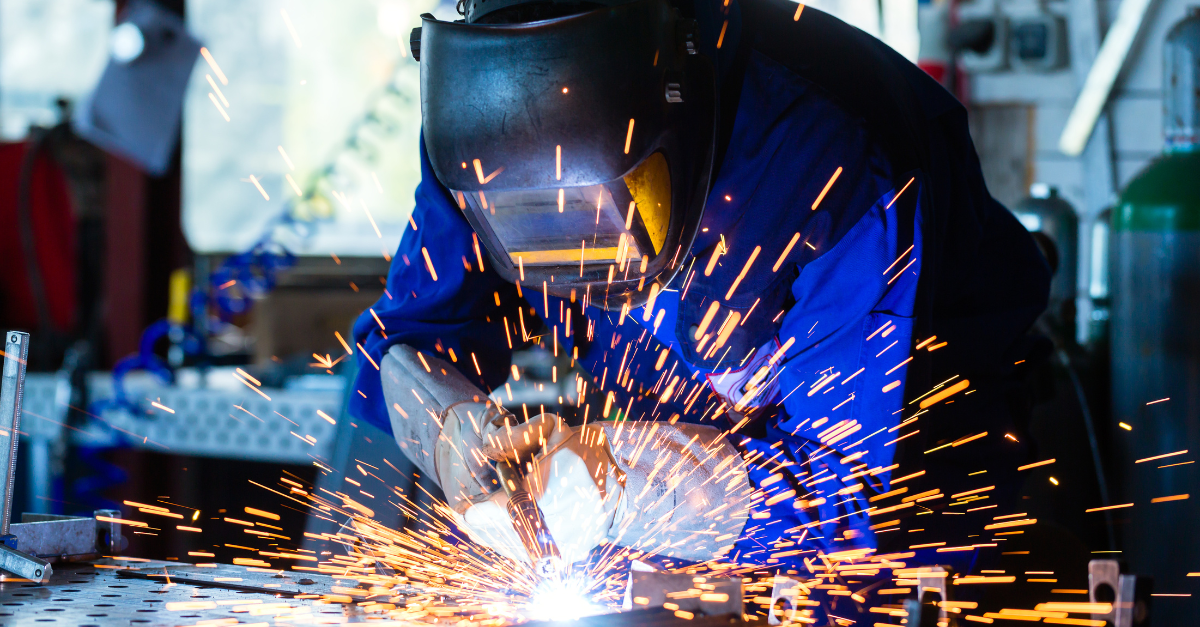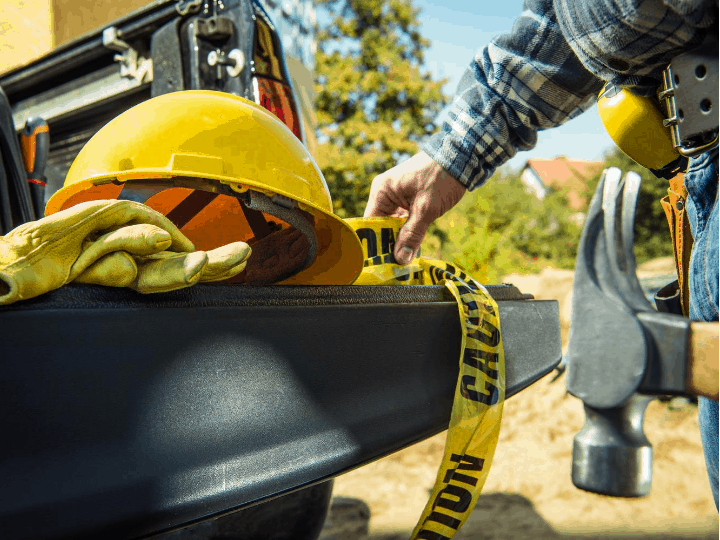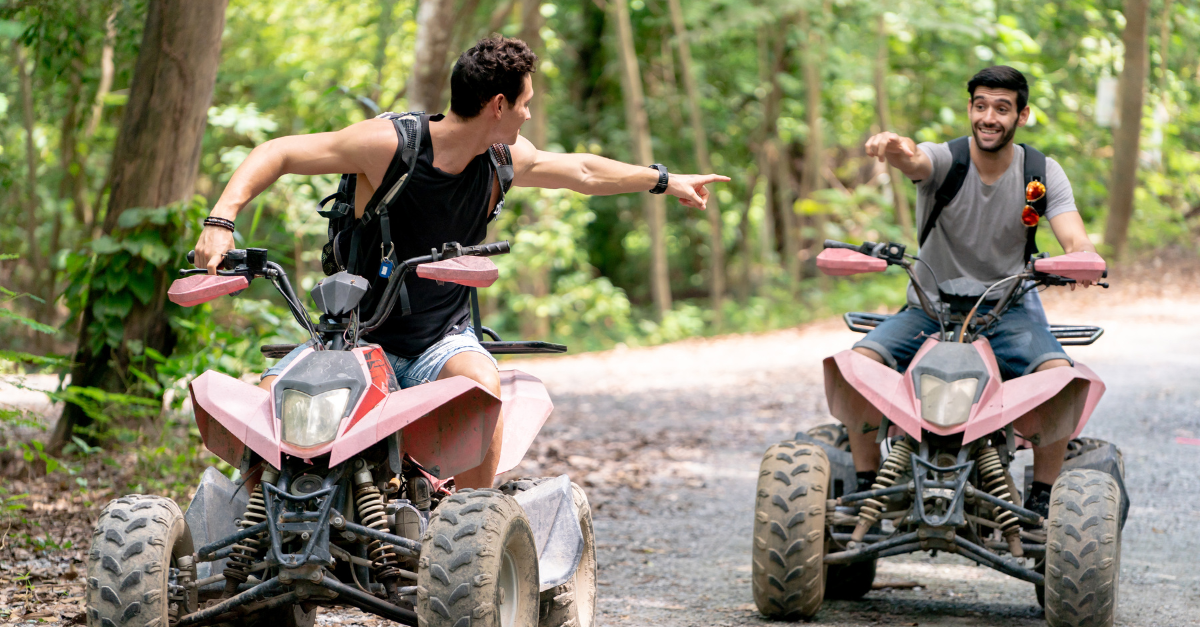Property owners have many issues, big and small, to contend with on a day-to-day basis. Mortgages, what security system to install, pest control, and landscaping are just a few.
Consequently, protection from a lawsuit by a guest or even a trespasser may not be high on the list of priorities. Even still, injuries sustained by guests on the property could result in a premises liability claim.
Being injured in a slip and fall won’t automatically entitle someone to compensation unless they can prove unsafe conditions and negligence by the property owner.
What is a property owner’s obligation to guests?
Property owners in Alabama have varying legal duties to visitors, depending on why the visitor is present.
Types of visitors:
- invitees
- licensees
Below we’ll review.
Business Guests and Liability
Legal term to know: Invitees
What it means: A person who is present for business or business benefiting the owner.
Homeowner’s legal responsibilities to invitees:
Invitees are owed the highest level of protection because he/she is there for the benefit of the owner. The landowner must provide proper warning, such as hazard signs, to prevent injury.
Social Guests and Liability
Legal term to know: Licensees
What it means: Someone is on the premises and invited for social reasons like watching sports.
Homeowner’s legal responsibilities to licensees:
The responsibility to social guests is not as tough as those to business guests. Property owners still have an obligation to warn the social guests of known hazards on the property.
Examples of known hazards include things like:
- Defective porch railings
- Uneven flooring
- Broken pool step
On the other hand, a brightly colored bicycle on the front lawn during daylight is a hazard guests should reasonably be able to avoid without a warning.
What if someone trespasses?
Uninvited guests or trespassers will only be able to pursue claims if a landowner recklessly, willfully, or intentionally does something to cause an injury.
A landowner will be responsible for an injury to a trespasser if they set a trap or purposely create a hazard with the expectation that a trespasser will come onto their property.
How are property owners protected?
There are several available defenses that landowners may use to respond to a claim of a person injured on their property.
Open and obvious is a defense that says a reasonable person would have seen and appreciated the danger presented by a hazard.
In other words, whatever event or object that resulted in injury was common enough that it should have been easily recognized and avoided by the injured party.
When a defect or hazard is “open and obvious,” a landowner may not be responsible for the injury.
Similarly, suppose a person’s own actions contribute to the injury. In that case, he will not be able to recover compensation from the landowner.
Evidence in premise liability cases must show the owner created the hazard or allowed a hazard or defective condition to remain on their property.
In most cases, it is necessary to prove that the owner knew or should have known about the hazard yet failed to repair the condition or warn of its danger.
I’ve suffered a fall. What do I do now?
The first thing you should do is make a note of all the circumstances surrounding your fall. Then, you should speak with a knowledgeable attorney able to help you navigate a potential claim.
The attorneys at Timberlake & League are experienced personal injury attorneys who can guide you through each step. If you or a loved one were injured due to a property owner’s negligence, call us. We can help.












